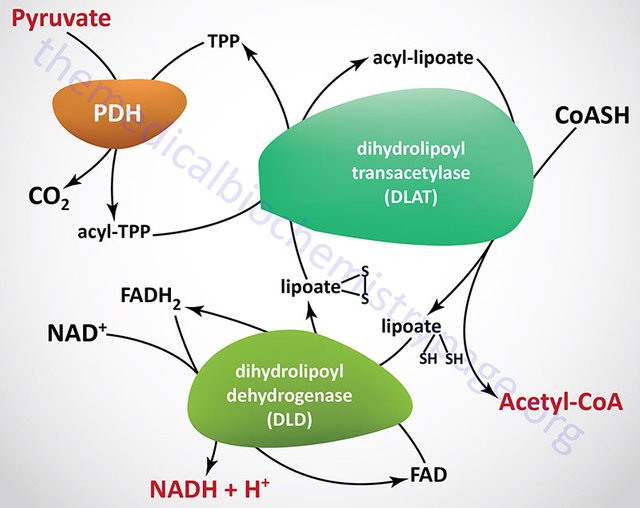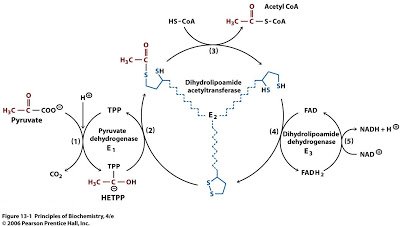Dieting, refeeds, and cheat days
In general, I'm in the camp that says: if you're on a diet for a particular purpose and it's working, then no need for a refeed or cheat day.
However, if you're gonna do it, this is how I would do it and why.
For example, if you've been following a low carb diet, a refeed should not be an hour-long binge on high carb fare. Instead of X grams of carbs in one sitting, I'd recommend X/3 spaced out throughout the day.


There are a few biochemical pathways that work like this: it is one of many mechanisms designed to stave off death as long as possible during starvation.
During starvation, there is still a certain requirement for glucose, so any cells that don't need it, don't use it. This is to preserve brain function... yeah, ketones help in that regard, but still need some glucose. Many cells will metabolize glucose to lactate instead of oxidizing it to acetyl-CoA. Lactate can be converted back into glucose via gluconeogenesis (that's a good thing during starvation). Once it's been oxidized to acetyl-CoA, you've permanently lost that glucose molecule.
So, glucose to pyruvate (glycolysis), then to either lactate (in the fasted/starved state) or acetyl-CoA (in the fed state).
The pyruvate dehydrogenase complex (PDHC) is highly regulated for this reason.


When you're starving/fasting, PDHC is phosphorylated in multiple positions to inhibit it (to spare glucose and essentially spare muscle protein). An insulin spike in this state would rapidly dispose of much-needed glucose.
Insulin secretion can be stimulated by carbs (duh), but also for other non-weird (amino acids) and weird (cephalic phase) reasons. An accidental insulin spike would waste glucose by oxidizing pyruvate into acetyl-CoA EXCEPT for this nifty adaptation: one little insulin spike will remove 1 phosphate from PDHC thus slightly increasing it's activity. This is why after a period of starvation, an oral glucose load will induce hyperglycemia (because one of the major ways of disposing glucose, ie, oxidation, is not fully activated).
You need multiple insulin hits to fully convince your body that you're not starving anymore. This prevents irreversible wasting of glucose.
Therefore, after a period of dieting, PDHC activity may be low and a high carb-refeed will cause hyperglycemia. In order to reduce the damaging effects of hyperglycemia, I'd recommend 3 smaller carb-meals because: 1) smaller meal = lower glycemic load; and 2) the dollop of insulin from each meal will remove more phosphates from PDHC so that by the third meal, PDHC will be fully capable of rapidly oxidizing glucose. Ergo, no hyperglycemia.
Disclaimer: there is no solid evidence for or against refeeds. It's completely up to you. YMMV
Disclaimer #2: there's still a little biochemistry nerd trapped inside of me
Regulation of pyruvate dehydrogenase complex activity by reversible phosphorylation http://www.biochemsoctrans.org/content/31/6/1143
Sites of phosphorylation on pyruvate dehydrogenase from bovine kidney and heart https://www.ncbi.nlm.nih.gov/pubmed/678513